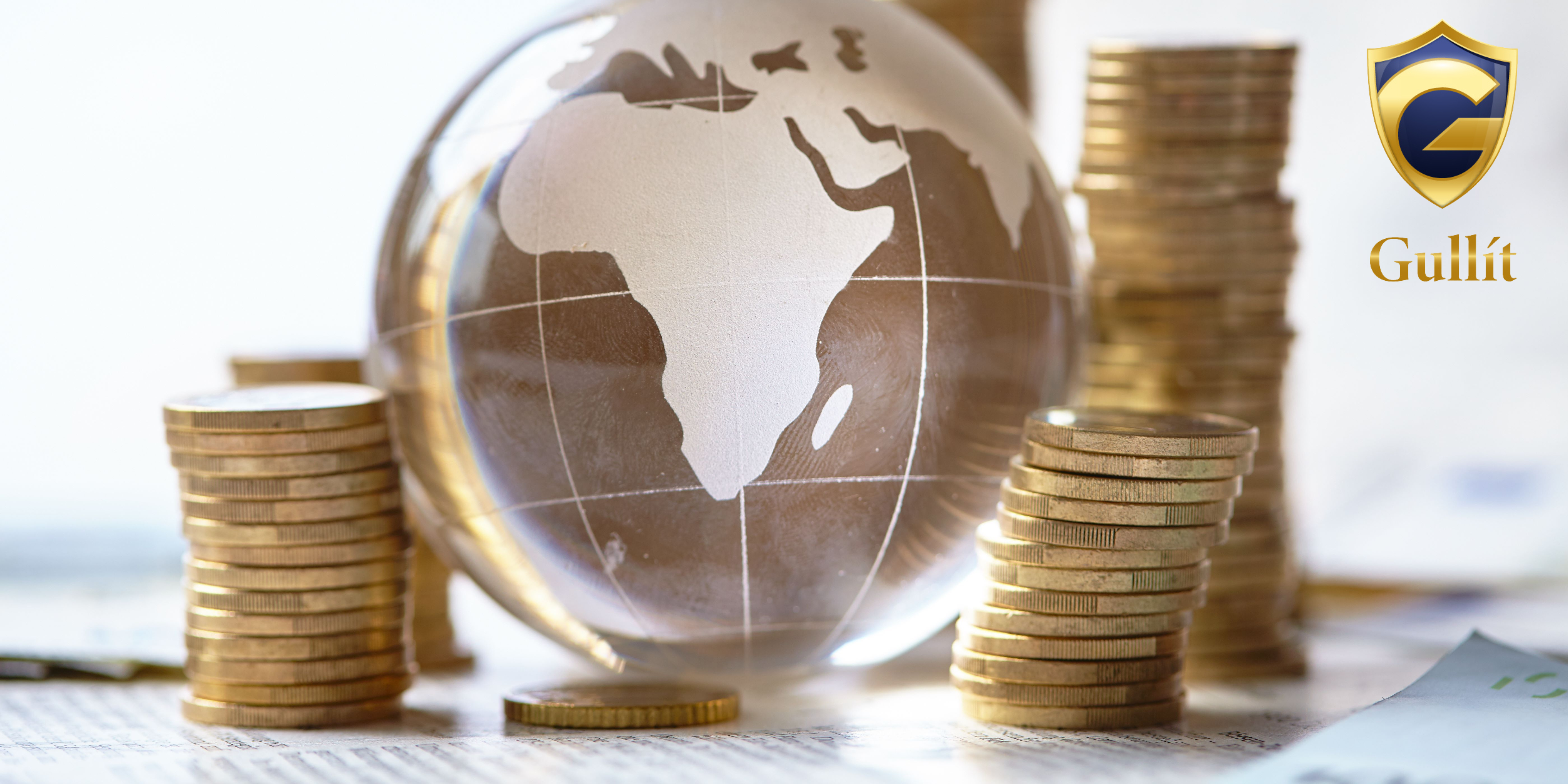According to recent statistics, despite a global pullback in venture capital funds, the African Tech Ecosystem shone out, attracting an 8% increase in funding last year compared to 2021. In its annual report, Africa Tech Venture Capital, Partech Africa, a VC Fund dedicated to tech startups in Africa, noted that the total ecosystem raked in $6.5 billion. According to the analysis, debt funding more than doubled to $1.5 billion, accounting for approximately one quarter of overall funding. Fintech continued to lead, attracting 39% of total equity volume, while Nigeria maintained the top spot with 23%.
Africa is undeniably a hotspot for investors, and AFSIC-Investing in Africa, a digital platform that connects scalable business prospects in Africa with potential investors, provides two compelling reasons. First, Africa remains largely “undiscovered” from a global investment standpoint, resulting in what they believe are relatively low valuations in both African debt and equity investments, offering favorable entry points, particularly when compared to valuations in many more developed countries. Furthermore, Africa is witnessing a major population surge, with Africa now accounting for 17% of the world’s population. At current rates of growth Africa is growing by the equivalent population of France every two years and will double by 2050. It is anticipated to double again between 2050 and 2100, to 4.3 billion people, or up to 40% of the world’s population.
African economies are diversifying, and new sectors such as telecommunications, consumption, and infrastructure are fast expanding. Increased electrification is also occurring in Africa, as the need for large power plants fed by (mostly) imported coal fades, to be replaced by solar and other forms of power generation that are significantly less expensive to implement and do not necessitate such a large power backbone as is found in countries that electrified earlier.
Africa, the world’s second-biggest continent by land area and population, offers an abundance of untapped natural resources, enormous potential for sustainable agriculture, transformative free trade agreements, new policies to strengthen women’s rights, and brisk digital commerce opportunities. It cannot be disregarded in the pursuit of high returns that can also generate beneficial global change. Investors who want to make a difference while also making a profit should consider investing in Africa, and here’s why.
According to the United Nations Environment Programme (UNEP), Africa has 40% of the world’s gold reserves and 30% of its mineral reserves, including large supply of uranium, diamonds, and iron. Furthermore, in the midst of the Russia-Ukraine conflict, Africa’s massive oil and gas resources are more valuable than ever. Mozambique, for example, has offshore reserves of 150 trillion cubic feet of liquefied natural gas (LNG), which is comparable to 24 billion barrels of oil. Over the coming few years, the Uganda-Tanzania pipeline will also be constructed through foreign direct investment (FDI).
According to World Bank projections, global food demand is expected to rise by 70% by 2050, with demand in Africa expanding even faster. Africa, with so much agricultural land accessible, can assist meet the problem. However, revenue and knowledge are required to improve agricultural practices in the continent. Commercial lending through banks and institutions is expensive, thus there is a chance for impact investors to participate in agricultural start-ups.
The “Agriculture in Africa 2021: Focus Report” forecasts that enhanced agricultural operations will promote growth across the continent’s entire economic and financial ecosystem. Food security for the entire continent is achievable, as is boosting food exports, when combined with the establishment of the African Continental Free Trade Area (AfCFTA). Agriculture accounts for 14% of GDP in Sub-Saharan Africa and employs a large number of people. While intra-regional agricultural commerce in Africa is lower than elsewhere, the AfCFTA may assist to solve this.
AfCFTA will cover a market of 1.2 billion people and have a GDP of $2.5 trillion, making it the world’s largest free trade area by member countries. 54 African Union members have joined on as of June 2021. These countries should anticipate to profit from faster cross-border financial transactions, increased trade, improved transparency, and increased collaboration. Participants in the AfCFTA predict that the deal will bring 30 million people out of extreme poverty by 2035.
Businesses will face less limitations on the selling and purchasing of goods as a result of global ESG standards. Tariffs on 97% of items traded on the continent will be erased. AfCFTA member countries could function as a unified market, using their influence to increase exports and commerce.
Africans are rapidly adopting digital technologies. They conduct business online and are advancing their knowledge of data analytics, programming, and search engine marketing. While connectivity lags in some areas, mobile device use is increasing. Smartphones account for an astounding proportion of African web traffic – up to 89% in some countries.
Smartphones with Internet connectivity have provided young entrepreneurs with access to new markets as well as professional growth and development through online education and mentorships. Mastercard Foundation’s $47 million partnership with Gebeya to help develop and build approximately 100 digital markets throughout the continent is one example. Africa is innovating with massive open online courses (MOOCs), and many universities are increasing their reach with EdTech and online learning, lowering the cost for many students.Any investment requires due scrutiny, and extending a portfolio into Africa is no exception. Prospects fluctuate according to geographical locations and industry. Experts believe that the rate of return for FDI and other African investments in mining, technology, digital commerce, and consumer services such as banking and telecom is potentially higher than any other region in the world. Of course, there is always a risk. Investors must be mindful of political tensions, inadequate infrastructure, and other potential impediments.



No responses yet